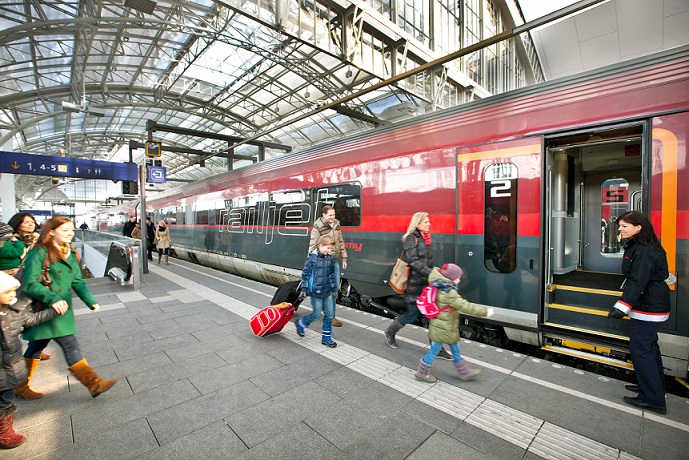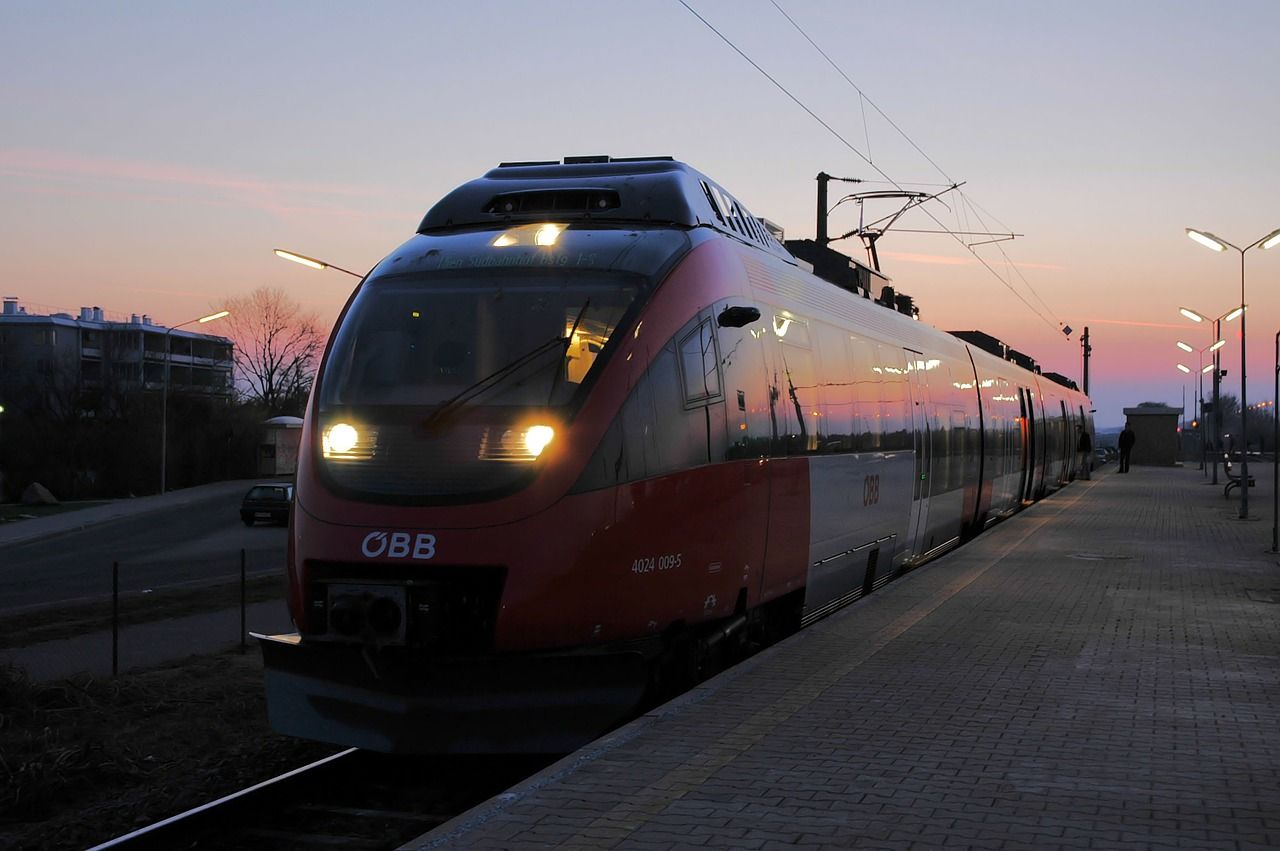Thanks to better mobility, strong economic growth, and rising incomes in OECD and emerging countries, holidays abroad are becoming more and more affordable. Not only are trips becoming longer, but also more frequent and extravagant. Almost every employee with a median income is now able to discover countries both near and far.
Tourism is also growing in Austria. The country runs right through the Alps, which are almost stormed with people hiking and skiing, and is a popular travel destination itself. But out of this, an awareness is emerging of what makes a successful location – functioning ecosystems. Austria needs snow in winter, a low risk of stormy weather in summer, and few landslides to be able to profit from tourism. Climate change is a threat to each of these individual factors.

This is a homemade problem and tourism itself is part of it. Due to self-enhancing effects that damage travel destinations long term, we are threatening the continued existence of our natural world today. This includes overrun cities such as Barcelona, where there are more tourists than inhabitants, reckless littering, and high CO2 emissions. 12% of global greenhouse gas emissions originate from tourist activity. Soon, there will be no such thing as a globally functioning tourism industry.
But it doesn’t have to be that way. Even today, there are a number of sustainable alternatives to allow not only you, but future generations the freedom of travelling to places that we can enjoy today. What then can we do to travel more sustainably? Thanks to increasing demands, the tourism industry now offers several options. Here is an overview with tips for eco-friendly travel.
Climate-friendly arrival and departure
The most environmentally-friendly way to travel has long been by train. Especially in Central Europe, the railway network is outstanding and rail travellers can also journey with their bikes. The Austrian Federal Railways (ÖBB) now has several renewable energy projects. The WWF recommends taking the train if you can for all journeys under 700 kilometres. Even for short stays, it is best to avoid travelling by plane. And if the train is not a realistic alternative, “Blablacar” offers car-sharing opportunities, which at least fulfils the potential of cars. Even long-distance bus journeys are more eco-friendly than flying.

If you do, however, have to travel by plane, you have the chance to pay a so-called offset payment. This offer is voluntary and the money is spent on expanding renewable energies and implementing renaturation projects. Together with flying, cruise ships represent the greatest climate offenders, as ships are subject to hardly any environmental regulations. They are run using heavy fuel and when this is burned, it contributes significantly to atmosphere dust. Cities such as Venice have been substantially damaged solely by the displaced masses of water and erosion caused by it.
In Austria, there are many ways to travel without a car. For example, there is the “Tälerbus” for crossing passes in the Alps and “Alpine Pearls” even offers a bicycle taxi. But the following generally applies: the closer the destination, the better for the environment.
Sustainability on location
Those who want to discover the exotic qualities of far-off countries often do so through package bookings or offers from travel agencies. One thing to consider here, however, is whether the local people profit in the same way as the large commercial providers, or whether any relationships of power and dependence are created and exploited. Especially in presenting indigenous culture, it is often portrayed in a distorted way to give tourists the greatest possible show. Try to avoid this if possible. In general: Be aware of your own influence. It is important to respect local people and the local culture.
To be mobile while at your destination, many cities as well as rural regions offer rental bikes for a small fee. A particularly pleasant option in Austria is travel by e-bike, which are not only becoming increasingly available, but can also be recharged. Almost every amble is now fitted with a charging station and replacement batteries. There is no longer anything stopping you from travelling through the Alps. Even public transport is often cheaper than journeying by car. In Vienna, it is not only faster and more cost-effective, but with one single ticket, you can choose between taking the train, U-Bahn, tram, and bus..
Accommodation and residence
Accommodation should also be chosen carefully. Nowadays, there are several environmental labels for sustainable hotels and tour operators. Be sure to make use of them! In Austria, more and more accommodation facilities are switching to organic suppliers. There are vegan B&Bs, participatory farms, and a separate “Bio-Hotel” label. Inform yourself about what individual providers do for the environment. Accommodation in biosphere parks or national parks often have a more detailed concept for environmental protection than urban providers, as their impact can be felt more directly.
Often, you can apply your basic environmentally-aware actions from everyday life just as well as when you are on holiday. Try to separate waste as well as possible. Don’t litter the countryside and choose your activities carefully. Don’t stray from paths in protected areas. Especially in areas with a water shortage, try to save water and buy regional products. It may also help to avoid buying mass-produced souvenirs.
Reduce, Reuse, Recycle.
A holistically sustainable lifestyle with the comfort of Western industrialised nations is difficult to achieve. Nevertheless, each step in the right direction is a signal to others that they should follow. Providers who prioritise environmental awareness profit from environmentally-aware travels. Those not yet involved may be inspired. And finally, every tonne of CO2 that is not emitted helps both humankind and nature.


